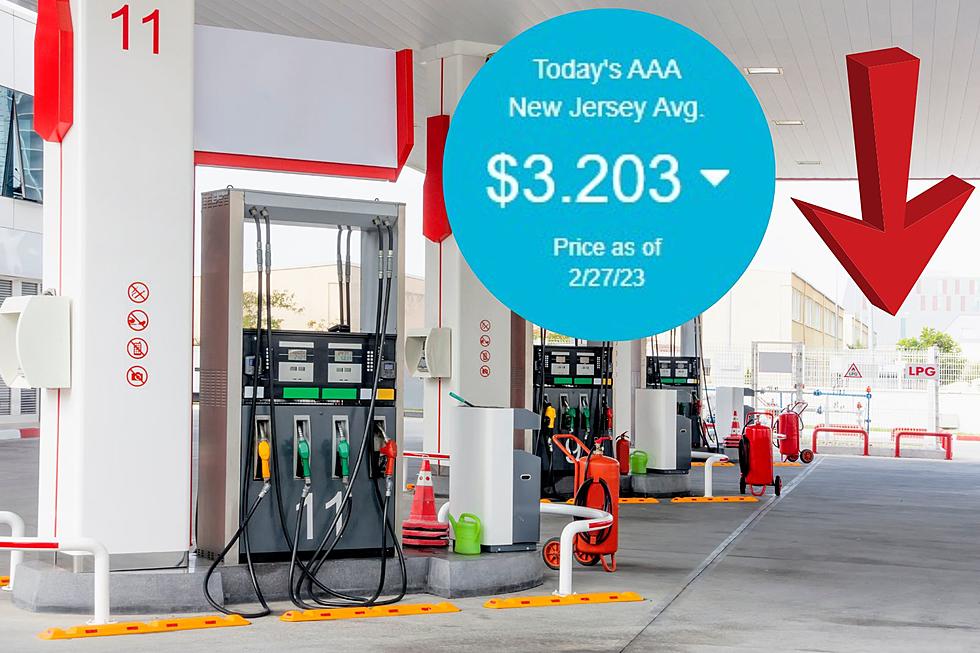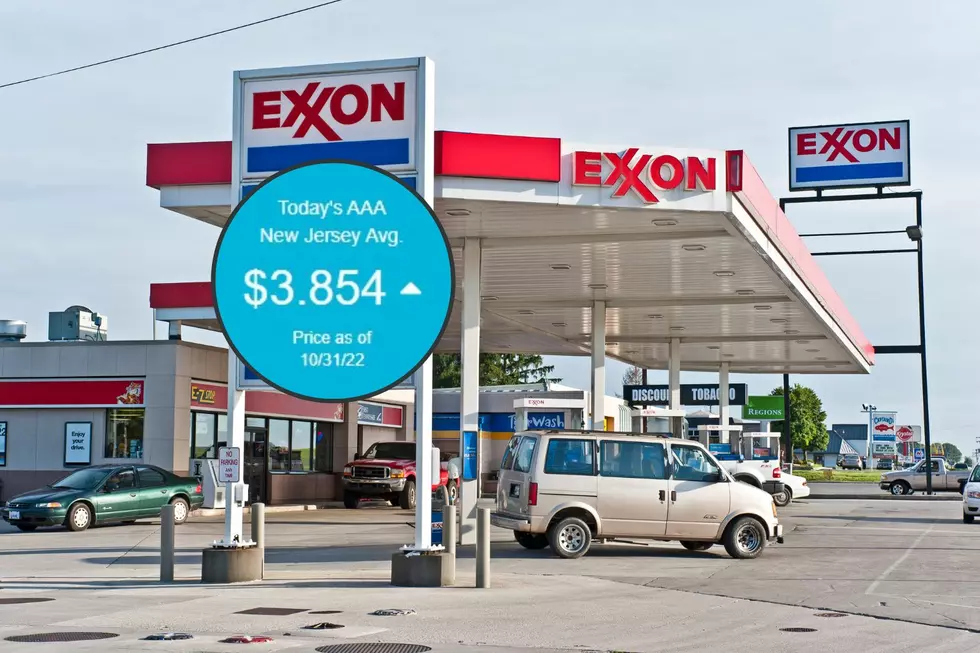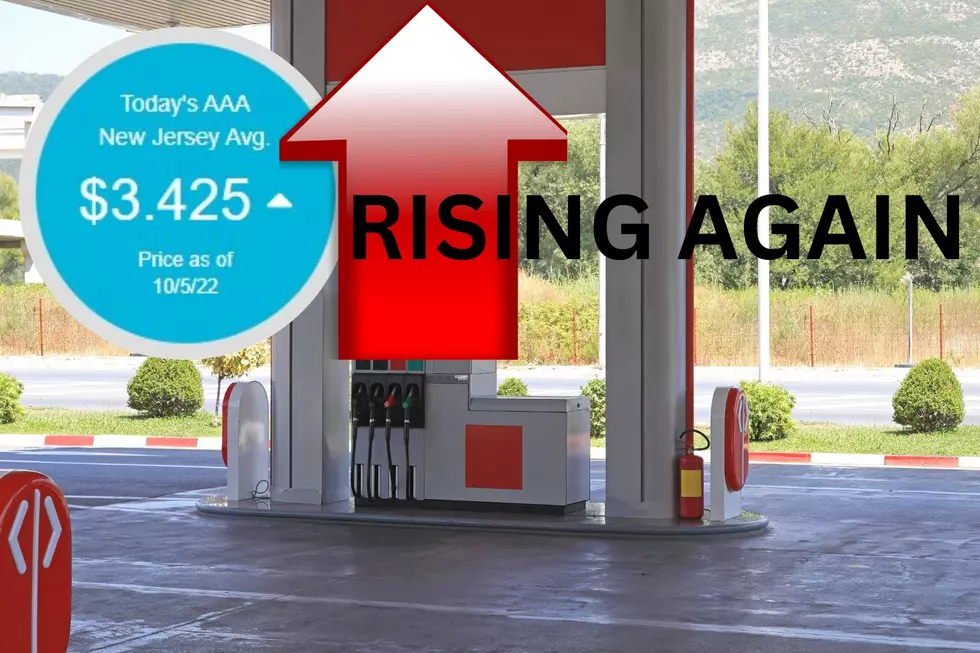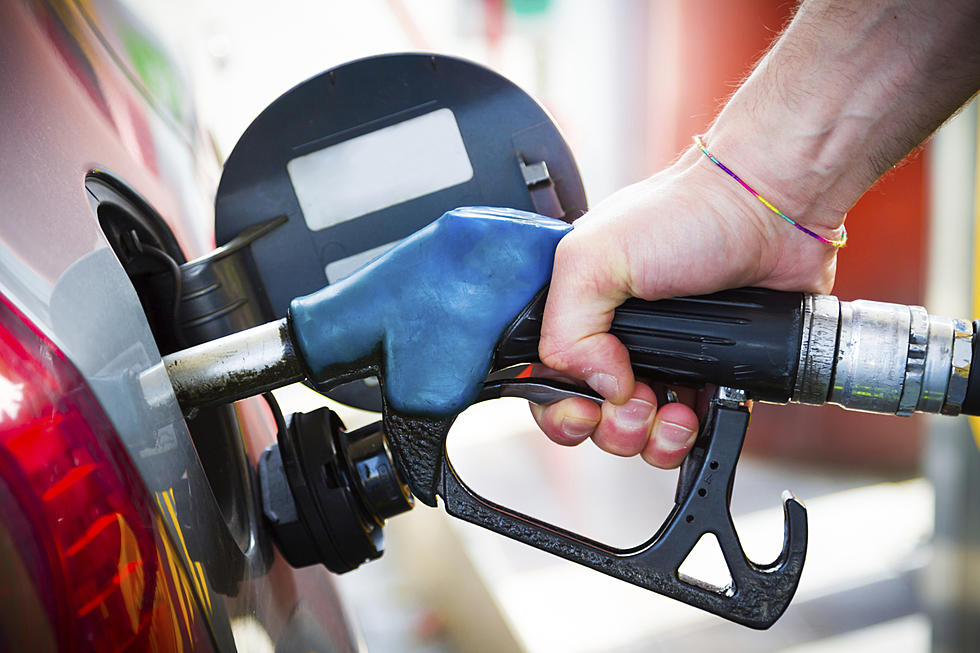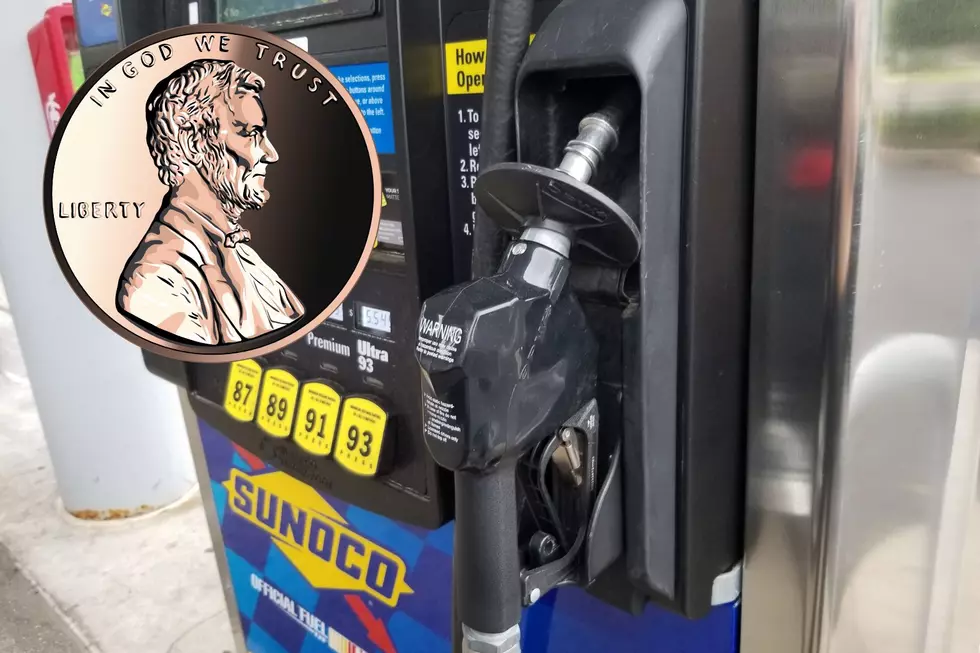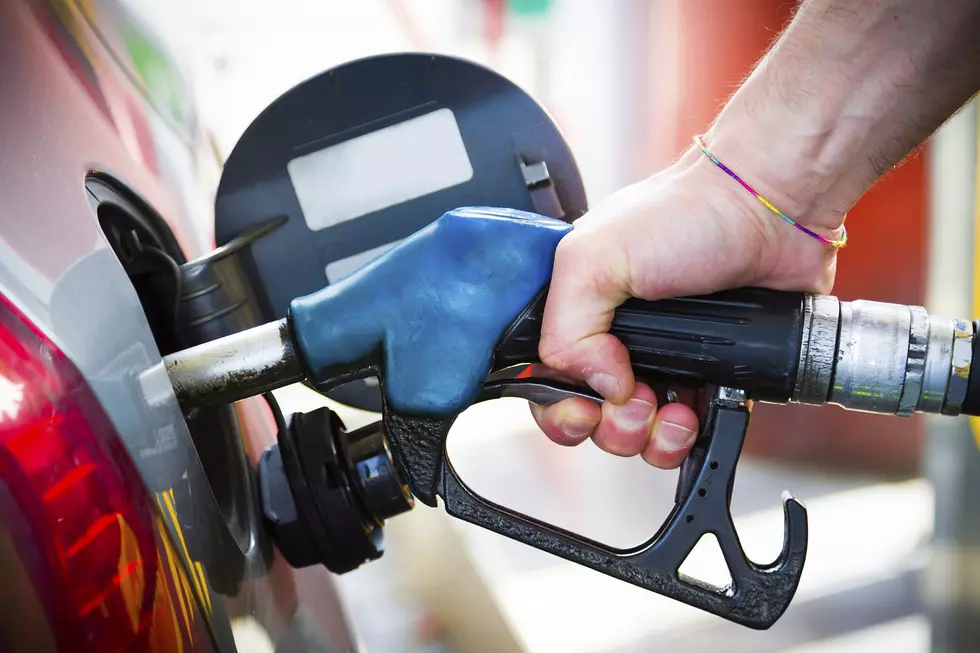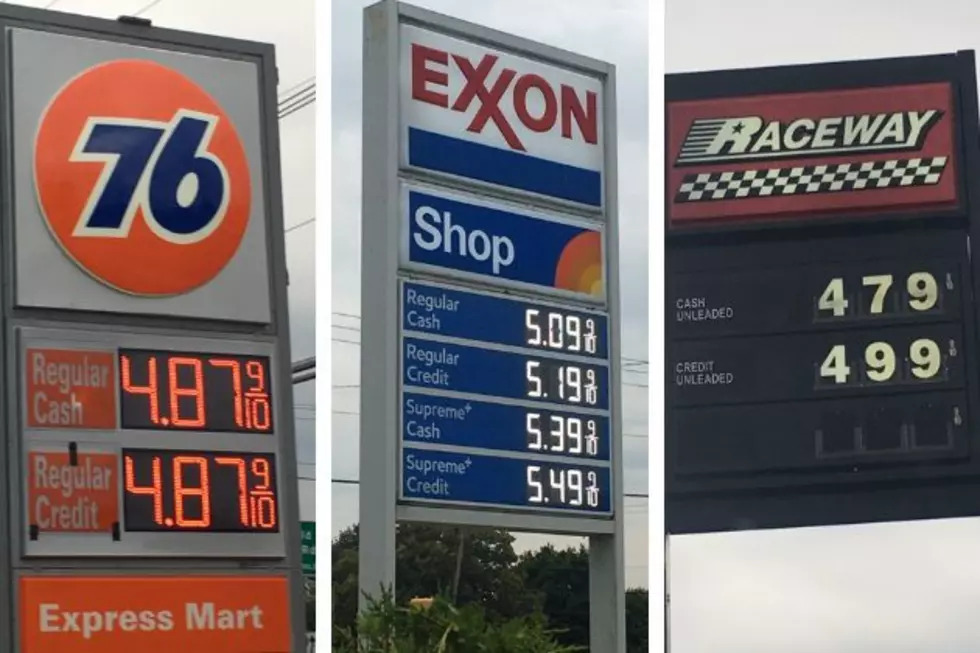
20¢ More for Credit? How NJ Gas Stations Determine Cash Discount
With prices at the pump nearly $2 higher than where they were just a year ago, gas stations find themselves putting out a lot more money in processing fees, for the same amount of product.
In turn, operators are adjusting their math, and you may find a wider or tighter range of differences between the price for a cash transaction and the price for a card transaction, depending on how each station wants the consumer to view their prices.
As recently as Tuesday, Raceway gas stations in New Jersey were posting a credit price 20 cents above the price paid by consumers who pay with cash. Typically, the difference had been around 10 cents at the company's pumps.
Raceway, based in Piscataway, did not respond to a request for comment about the reasoning behind the wider gap.
According to Sal Risalvato, executive director of the New Jersey Gasoline, Convenience Store and Automotive Association, gas stations pay an average of about 3% in fees on their transactions.

So, at $5 per gallon of gasoline for credit transactions, the station would immediately lose 15 cents. A year ago, when the average price was a little more than $3, that 3% would equate to less than 10 cents.
"And for those locations that maybe have a contract where they pay 4%, that could be as high today as 20 cents a gallon," Risalvato said.
But, stations may choose to "eat" some of those fees in order to remain competitive, Risalvato noted. That's why the difference between cash and credit may be 5 cents at some spots, and 7, 10, or 20 at others.
"If there was no cash discount, then everybody would be paying a higher price," he said.
There is no limit on how much gas stations can charge for credit transactions, unless a state of emergency is in effect.
Same price — cash or credit
Gas stations that post the same prices for cash and credit transactions are not just eating the entire processing fee.
Instead, the cash price has been bumped up from what the operator technically could charge and still make a profit.
So, if you pass a station with identical prices for cash and credit, you're not necessarily seeing a break on credit transactions; you're many times paying more for a cash transaction than you would at another station with a sizeable gap between the cash and credit prices.
For example, a Raceway station in Freehold was charging drivers as little as $4.79 for cash transactions on Tuesday night and $4.99 for purchases on plastic. Along the same highway, in Manalapan, a 76 station promoted a flat price of $4.87, cash or card.
UP NEXT: See how much gasoline cost the year you started driving
NJ beach tags guide for summer 2022
More From WPG Talk Radio 95.5 FM


